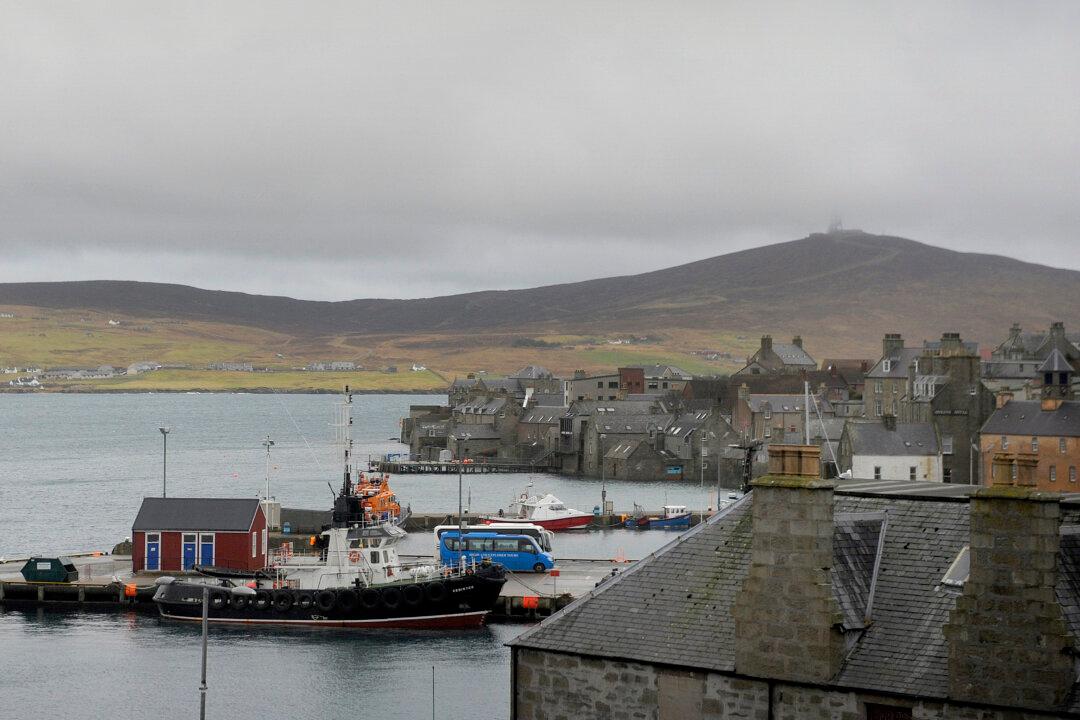The UK has been granted a quota of around 30,000 tonnes more catch following negotiations as a result of Brexit, the fishing minister announced.
On Tuesday, the government announced a new quota deal with the EU that will take the total potential catches for UK trawlers in 2023 up to £750 million.





